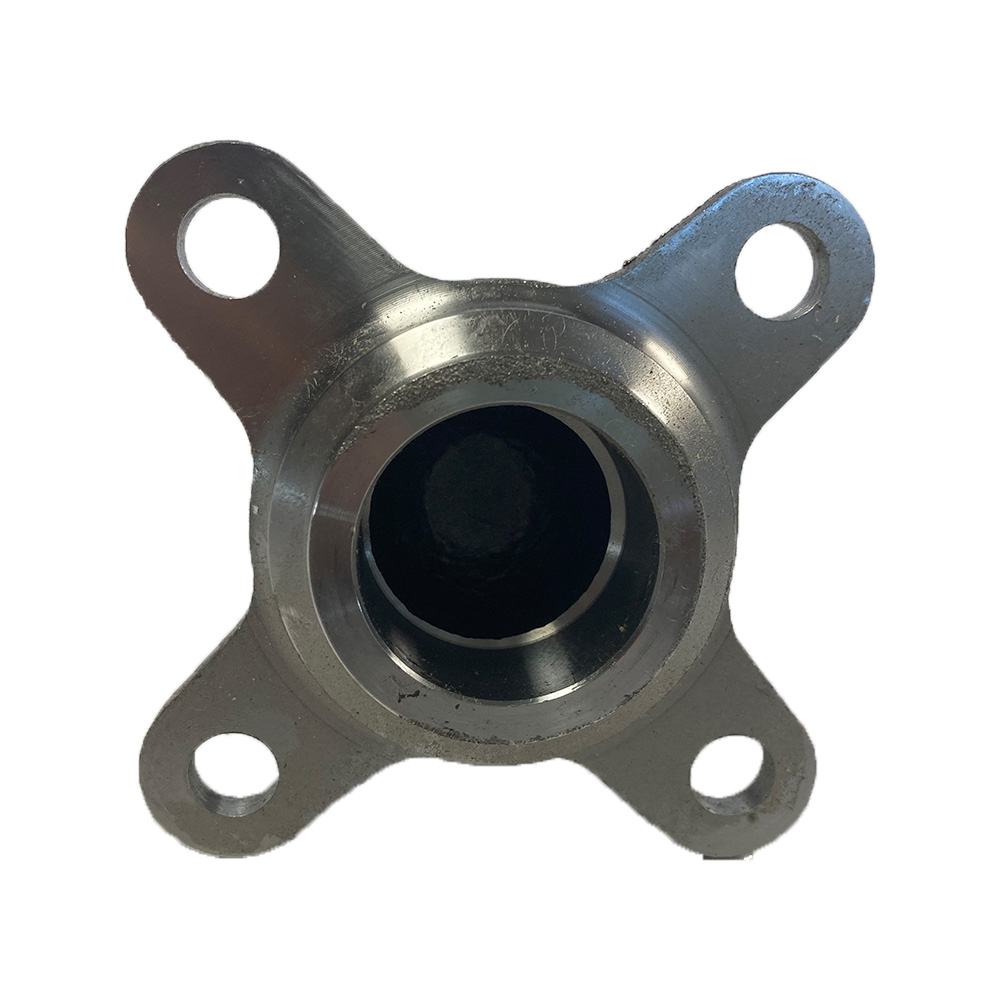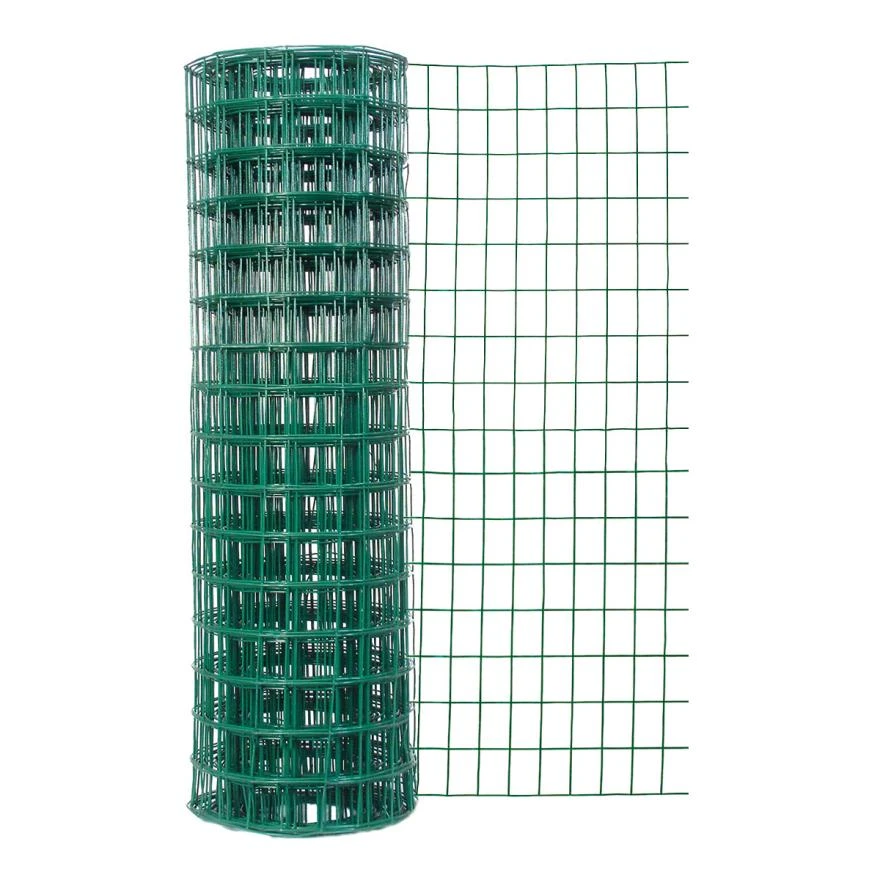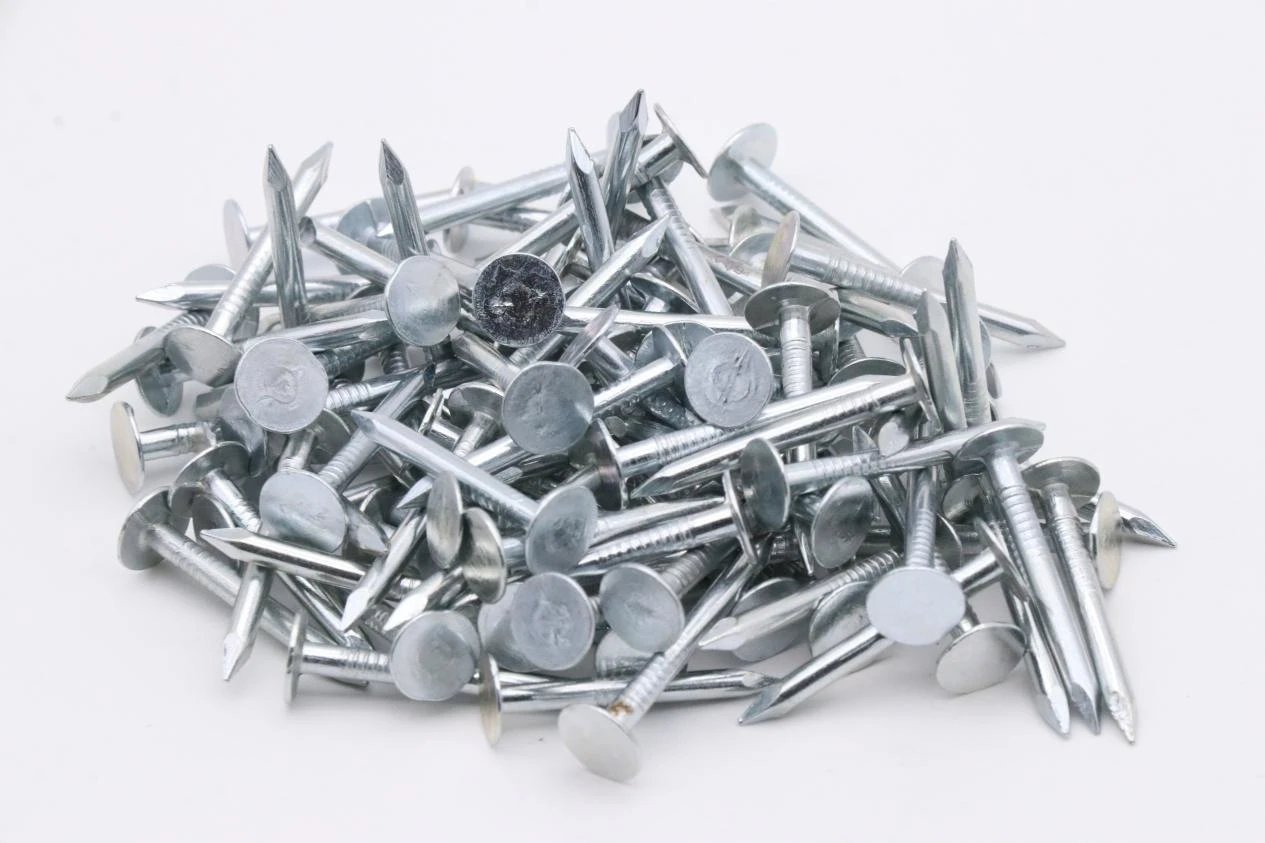pc strand wire
12月 . 04, 2024 10:14
Understanding PC Strand Wire Applications and Benefits
Post-tensioning technology has revolutionized the construction industry, enhancing the strength and durability of concrete structures. A central component of this technology is the PC strand wire, which plays a crucial role in providing the necessary tensile strength. This article explores the characteristics, applications, and benefits of PC strand wire, highlighting its significance in modern construction.
What is PC Strand Wire?
PC strand wire, or prestressed concrete strand, consists of high-strength steel wires that are twisted together to form a heavier strand. Typically made from low-carbon steel, it is designed to withstand high levels of tension. The process of post-tensioning involves placing the strands within ducts embedded in concrete before the concrete is poured. Once the concrete has cured, the strands are tensioned and anchored, which helps to compress the concrete, making it capable of resisting tensile forces.
The high strength and flexibility of PC strand wire make it suitable for various construction applications, including bridges, parking garages, and high-rise buildings. Its ability to enhance the performance of concrete structures has led to its widespread adoption in civil engineering projects.
Applications of PC Strand Wire
1. Bridges PC strand wire is widely used in the construction of bridges, where it allows for longer spans and reduces the overall weight of the structure. The tensioning of the strands helps to counteract the bending stresses experienced during the lifecycle of the bridge, leading to increased durability and reduced maintenance costs.
2. High-Rise Buildings In the construction of skyscrapers and other tall structures, PC strand wire allows for thinner concrete slabs while maintaining structural integrity. This optimization of material not only saves costs but also allows for greater design flexibility.
3. Parking Garages Many parking structures utilize PC strand wire for their elevated slabs. The use of post-tensioning in these applications ensures that the concrete can handle the heavy loads imposed by vehicles while minimizing deflection and cracking.
4. Industrial Flooring PC strand wire can be found in industrial flooring systems that require high load-bearing capacities. The enhanced tensile strength provided by the strands enables the construction of thicker slabs that resist deformation.
pc strand wire

5. Water Retaining Structures For structures like water tanks and swimming pools, PC strand wire offers additional resistance against cracking due to hydrostatic pressure, ensuring a longer lifespan for these facilities.
Benefits of Using PC Strand Wire
1. Increased Load Capacity One of the primary advantages of employing PC strand wire in concrete structures is the increase in load-bearing capacity. The tension applied to the strands effectively counters the compression forces acting on the concrete, enabling it to handle larger loads.
2. Reduced Material Usage Because the tensile strength is significantly enhanced with PC strand wire, less concrete is required to achieve the same performance levels compared to conventional reinforcing methods. This leads to a reduction in material costs and contributes to more sustainable building practices.
3. Minimized Cracking The compressive forces introduced through post-tensioning help to minimize tensile cracking, which can be a common issue in conventional concrete structures. This results in a longer service life and reduces the need for repairs.
4. Faster Construction Times Since PC strand wire allows for the construction of thinner slabs and longer spans, projects can be completed more quickly. Construction teams can work more efficiently, leading to reduced labor costs and shorter project durations.
5. Enhanced Structural Performance The use of PC strand wire results in superior performance under dynamic loads, such as earthquakes and heavy winds. This characteristic makes it an excellent choice for buildings in seismically active regions.
Conclusion
PC strand wire is an integral component of post-tensioning technology, offering numerous benefits that enhance the performance of concrete structures. From bridges to high-rise buildings, the applications of PC strand wire are vast and varied. Its ability to increase load capacity, minimize cracking, and reduce material usage makes it a preferred choice for modern construction. As the industry continues to evolve, the role of PC strand wire will undoubtedly remain pivotal in building efficient, durable, and sustainable structures.









 Unity
Unity Creation
Creation Challenge
Challenge Contribution
Contribution










